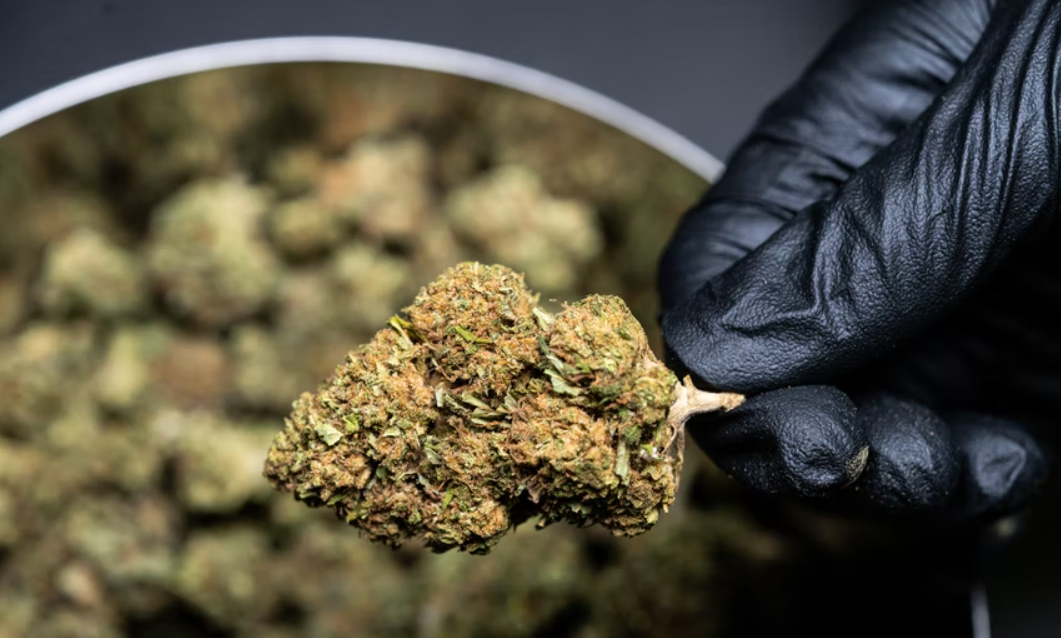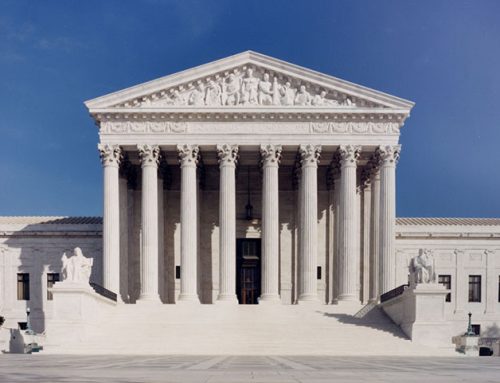New Jersey Boosts Cannabis Industry with $12 Million in Equity Grants
LOS ANGELES — In a significant push to bolster its nascent cannabis sector, the New Jersey Economic Development Authority (NJEDA) announced a $12 million grant award to 48 marijuana enterprises as part of the state’s Cannabis Equity Grant Program.
Originally, the plan was to allocate $250,000 grants to 24 businesses. However, with Governor Phil Murphy providing extra funds, the number of beneficiaries doubled, as detailed in a press release.
The program’s inaugural phase, termed the Joint Ventures Grant, is geared towards aiding business owners in transitioning from a conditional license to an annual permit.
A noteworthy element of this round was the prioritization of social equity. 40% of the grants were directed towards social equity applicants, while another 5% were reserved for businesses established in “Impact Zones.” These zones represent communities that have been disproportionately affected by previous cannabis prohibition laws.
Governor Murphy emphasized the program’s dual objectives in a statement. “The Cannabis Equity Grant Program allows us to simultaneously expand the pool of cannabis businesses in our state while also focusing on those communities most impacted by the unethical War on Drugs,” he said. He added that the ongoing efforts aim at fostering a more equitable cannabis market in New Jersey, ensuring increased accessibility and opportunities for emerging businesses.
Furthermore, another wave of funding, dubbed the Seed Equity Grant, is set to roll out later this year. This round will see social equity applicants receiving the entirety of the $150,000 grants. They will also benefit from “technical assistance,” encompassing services like training, recruitment, and the development of supply-chain management strategies.
Adult-use cannabis sales in New Jersey commenced in April 2022. However, the state’s Cannabis Trade Association, in a report from August, pointed out some hurdles the industry is grappling with. These include a prolonged licensing procedure, the proliferation of delta-8 THC products, and insufficient enforcement against the illicit market.



































